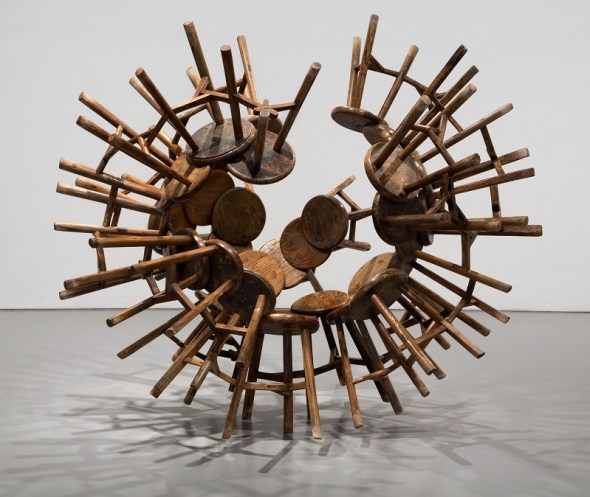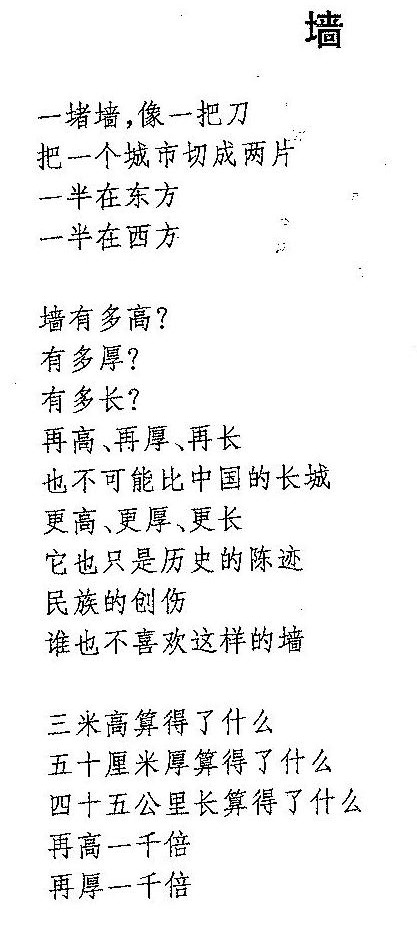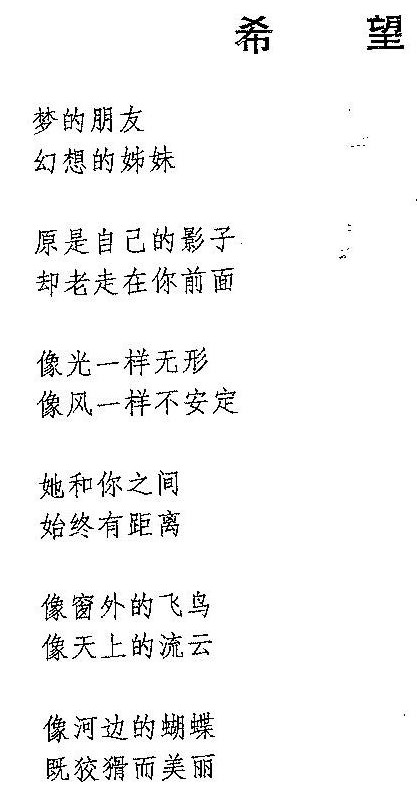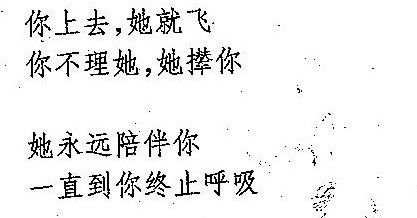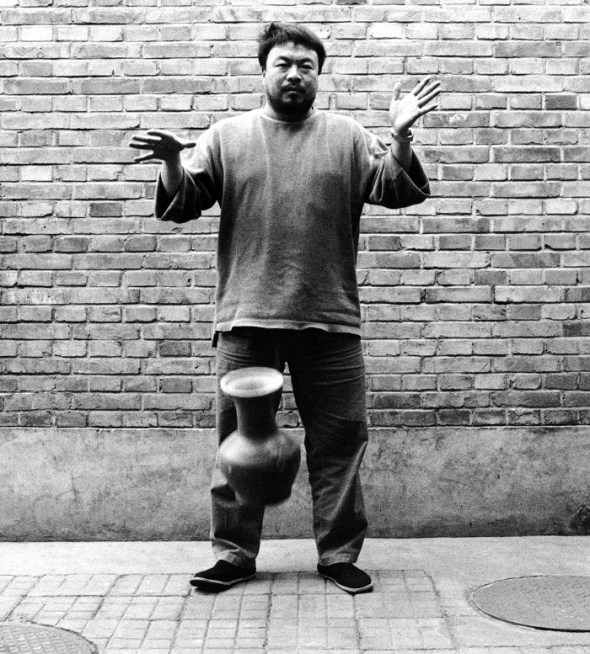艾未未 + 艾青 : Ai Weiwei + Ai Qing: “Without movement there is no Life…We should use our energy to the fullest.”
Posted: August 17, 2013 Filed under: Ai Qing, Chinese (Mandarin), English Comments Off on 艾未未 + 艾青 : Ai Weiwei + Ai Qing: “Without movement there is no Life…We should use our energy to the fullest.”The retrospective exhibition Ai Weiwei: According to What? opens today at the Art Gallery of Ontario in Toronto, Canada. Ai Weiwei (born 1957) is China’s most famous – or infamous – depending on your weltanschauung – contemporary artist. Currently without a passport and not permitted to leave China, Ai Weiwei has, with a team of energetic workers, fashioned bold sculptures from humble stools, bicycles, firewood, compacted tea leaves – even rusty lengths of rebar.
“Straight” consists of several thousand sections of rebar salvaged – then straightened out – from 2008 earthquake rubble of collapsed buildings that killed 5000 schoolchildren – a horrific event – combined with shoddy “tofu” architecture – that Chinese authorities tried to downplay but which Ai Weiwei sought to memorialize. David Jager, in the August 15th issue of Toronto’s NOW magazine, writes: “Every element of the sculpture, from process to material to final form [ an undulating moraine with a rift through it ] expresses Ai’s deep desire to reshape a hopelessly corrupt and tangled situation. Knowing that the bodies of the earthquake victims were once trapped within the sculptural material makes as visceral an impact as seeing a pile of shoes from Auschwitz. This is what art is supposed to do.”
Whether he is letting drop and smash a Han dynasty urn, or starring, with shaved head and red rosebud lips, in the “music video” Dumbass – about his 2011 jail experience – Ai Weiwei provokes us and respects our intelligence.
.
Ai Qing (pen name of Jiang Haicheng, 1910-1996) was Ai Weiwei’s father, and a notable poet of the Mao Zedong era in China. In his early 20s Ai Qing was imprisoned for two years for opposing the Kuomintang; in 1957 he was sent to a hard-labour camp for criticizing his government in print; he spent the next twenty-plus years emptying latrines and so forth as part of his “mental correction” for Wrong Thought under Mao. We feature here a selection of Ai Qing’s poems…
. . .
“Wall”
.
A wall is like a knife
It slices a city in half
One half is on the east
The other half is on the west
.
How tall is this wall?
How thick is it?
How long is it?
Even if it were taller, thicker and longer
It couldn’t be as tall, as thick and as long
As China’s Great Wall
It is only a vestige of history
A nation’s wound
Nobody likes this wall
.
Three metres tall is nothing
Fifty centimetres thick is nothing
Forty-five kilometres long is nothing
Even a thousand times taller
Even a thousand times thicker
Even a thousand times longer
How could it block out
The clouds, wind, rain, and sunshine of the heavens?
.
And how could it block out
The currents of water and air?
.
And how could it block out
A billion people
Whose thoughts are freer than the wind?
Whose will is more entrenched than the earth?
Whose wishes are more infinite than time?
.
(1979)
.
. . .
“Trees”
.
One tree, another tree,
Each standing alone and erect.
The wind and air
Tell their distance apart.
.
But beneath the cover of earth
Their roots reach out
And at depths that cannot be seen
The roots of the trees intertwine.
.
(1940)
.
. . .
“Fish Fossil”
.
With such agility in your movements,
Such buoyancy in your strength,
You leapt in the foam
And swam in the sea.
.
Unfortunately, a volcano’s eruption
Or perhaps an earthquake
Cost you your freedom
And buried you in the silt.
.
After millions of years
Members of a geological team
Found you in a layer of rock
And you still look alive.
.
But you are now silent,
Without even a sigh.
Your scales and fins are whole
But you cannot move.
.
So absolutely motionless,
You have no reaction to the world.
You cannot see the water or the sky,
You cannot hear the sound of the waves.
.
Gazing at this fossil,
Even a fool can learn a lot:
Without movement
There is no life.
.
To live is to struggle
And advance in the struggle;
Even if death is not at our doorstep,
We should use our energy to the fullest.
.
. . .
“Hope”
.
Dream’s friend
Illusion’s sister
.
Originally your shadow
Yet always in front of you
.
As formless as light
As restless as wind
.
Between you and her
She keeps her distance always
.
Like flying birds outside the window
Like floating clouds in the sky
.
Like butterflies by the river
She is sly and lovely
.
When you rise, she flies away
You ignore her, and she nudges you
.
She is always with you
To your dying breath.
. . .
“Coal’s Reply”
.
Where do you live?
.
I live in ten thousand years of steep mountain
I live in ten thousand years of crag-rock
.
And your age?
.
My age is greater than the mountain’s
Greater than the crag-rock’s
.
How long have you been silenced?
Since the dinosaurs governed the earth
Since the earth felt its first tremor
.
Have you perished in this deep rancour and bitterness?
.
Death? No, no, I’m still alive
Please, give me a light, give me a light.
.
(1937)
.
. . .
Translations from the Chinese: Chen Eoyang, Peng Wenlan, and Marilyn Chin
. . . . .
